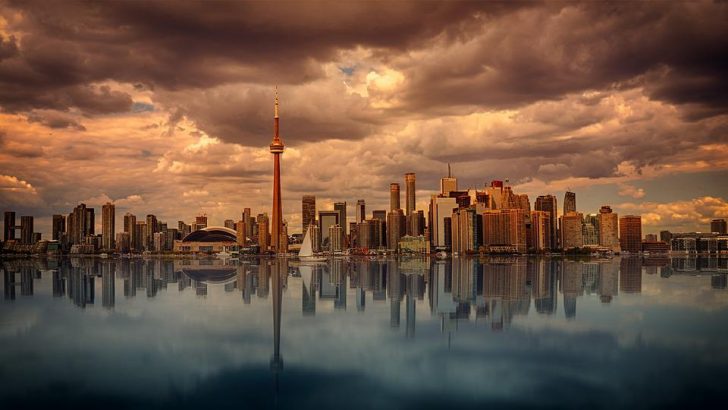Northern Light
Superstar
This is why I say that amalgamation was a bad idea. Things were better when it was Metro and everything was it's own city.
I don't like what was done with amalgamation, or perhaps more correctly the 'how'............yet I find this statement over-reaches just a bit.
I think consolidating the fire department made all the good sense in the world; seeing as ambulance and police were already at the metro level, there were no material cuts to fire service, and coordination was improved.
Toronto Public Library is still an excellent institution, one which was initially going to be cut by Council until public opposition snuffed that idea; as a result we have vastly better library service in East York, Scarborough, York and Etobicoke that has been largely brought up to the standards of the former Toronto and North York.
Likewise, the front yard free-tree program is now City-wide; Bikeshare (a post-amalgamation creation) will soon be City-wide.
Are there things that went backwards? Yes.
Parks has suffered badly in many ways, through budget cuts, and bureaucracy, notably the former Toronto's fee-free model for Rec. Centres was scrapped at considerable cost (having to install cash registers, point-of-sale systems and means for taking debit/credit etc were not inexpensive, while introducing a financial barrier where none existed before.
Suburban councillors did slow down some bike lane projects, but mostly in the suburbs with a couple of notable exceptions (Jarvis, and Bloor/Danforth).
I would still favour a small re-org of the City; but its important not to oversell/overstate the benefit; or under-estimate the costs of true de-amalgamation.
Not sure where your evidence is. As far as I remember, most of the "new' Councillors were simply the old ones recycled - in fact some, like Frances Nunziata, are still with us. The real problem is the division of power between City Council and the Community Councils.
The Community Councils are supposed to replicate the "old" separate Councils but far too much was reserved to City Council. Though there is certainly a risk of parochialism (yes, Etobicoke - that's you!) but if Community Councils had more decision-making power it would stop suburban Councillors interfering with the more progressive downtown ones (and vice versa!)
Following on the above, and applying it your comment, I would be inclined to devolve (not delegate) most of Parks to the Community Council level. The distinction I would make is essentially to make each parks district completely independent (south district, east district etc.) and leave only a select few parks (the valleys and waterfront) in the hands of the big City, along with certain specialized functions that could be shared.
I think by-law enforcement, and 311 might be better on devolved level too, with people closer to the ground and able to be more responsive to a given community.





